New Hampshire vows to vote first. Consequences could be steep.

When a key panel of the Democratic National Committee voted Friday for South Carolina to hold the first-in-the-nation presidential primary, members also voted for New Hampshire to share a second primary date with Nevada.
But then came the fine print. In order to earn that second place position, the DNC’s Rules and Bylaws Committee recommended, New Hampshire would be required to overhaul its voting laws. And the state would need to move fast.
On Friday afternoon, the committee passed a waiver dictating the terms of New Hampshire’s second place position. Under those terms, Granite State lawmakers would need to repeal the state’s 1975 law requiring that the primary be scheduled before any other state. Lawmakers would also have to pass a second law to make early voting easier.
If the state failed to do so by Feb. 1, 2023, the waiver states, the second-place primary spot would be withdrawn, and New Hampshire would not have DNC authorization to hold a primary before March 5, 2024.
You have a better chance of the Old Man of the Mountain rebuilding itself, marching down from NH to DC, and kicking these guys in the 🍑 #nhpolitics https://t.co/lerdrcBxGH
— Derek Dufresne (@DeDufresne) December 3, 2022
The committee’s recommended waiver is not final; like the proposed calendar changing the order of the states, it will need approval by the full DNC when it meets next month. But the waiver added a new point of friction between New Hampshire and the national Democratic Party. It also threw into question whether New Hampshire will have DNC approval to be in the top five nominating states at all, let alone to go first in the nation.
The requested legislative reforms – which would require the Legislature to suspend rules to get them passed by Feb. 1 – are extremely unlikely in the state’s Republican-led Legislature. Without meeting the DNC’s requirement, New Hampshire would face a significant scheduling downgrade that would place it in line with other “Super Tuesday” states.
“Never gonna happen!!!!” wrote Rep. Kimberly Rice, a Hudson Republican and the speaker pro tempore last legislative session, in a tweet addressing the DNC demands. “This is laughable!!”
A rigid state law
The new demands come after New Hampshire political figures had already widely denounced the newly proposed calendar supported by President Joe Biden and vowed to hold the first primary regardless.
On Friday afternoon, Biden’s recommendation moved a step closer to becoming reality. In a near-unanimous voice vote, members of the Rules and Bylaws Committee sided with the president’s proposal to hold South Carolina’s primary first on Feb. 3, 2024, followed by New Hampshire and Nevada on Feb. 6, Georgia on Feb. 13, and Michigan on Feb. 27. That calendar would be subject to the requirements in the waivers that the committee also passed.
Now, the spotlight has turned to the one person who does have the last word on the primary date: New Hampshire’s secretary of state.
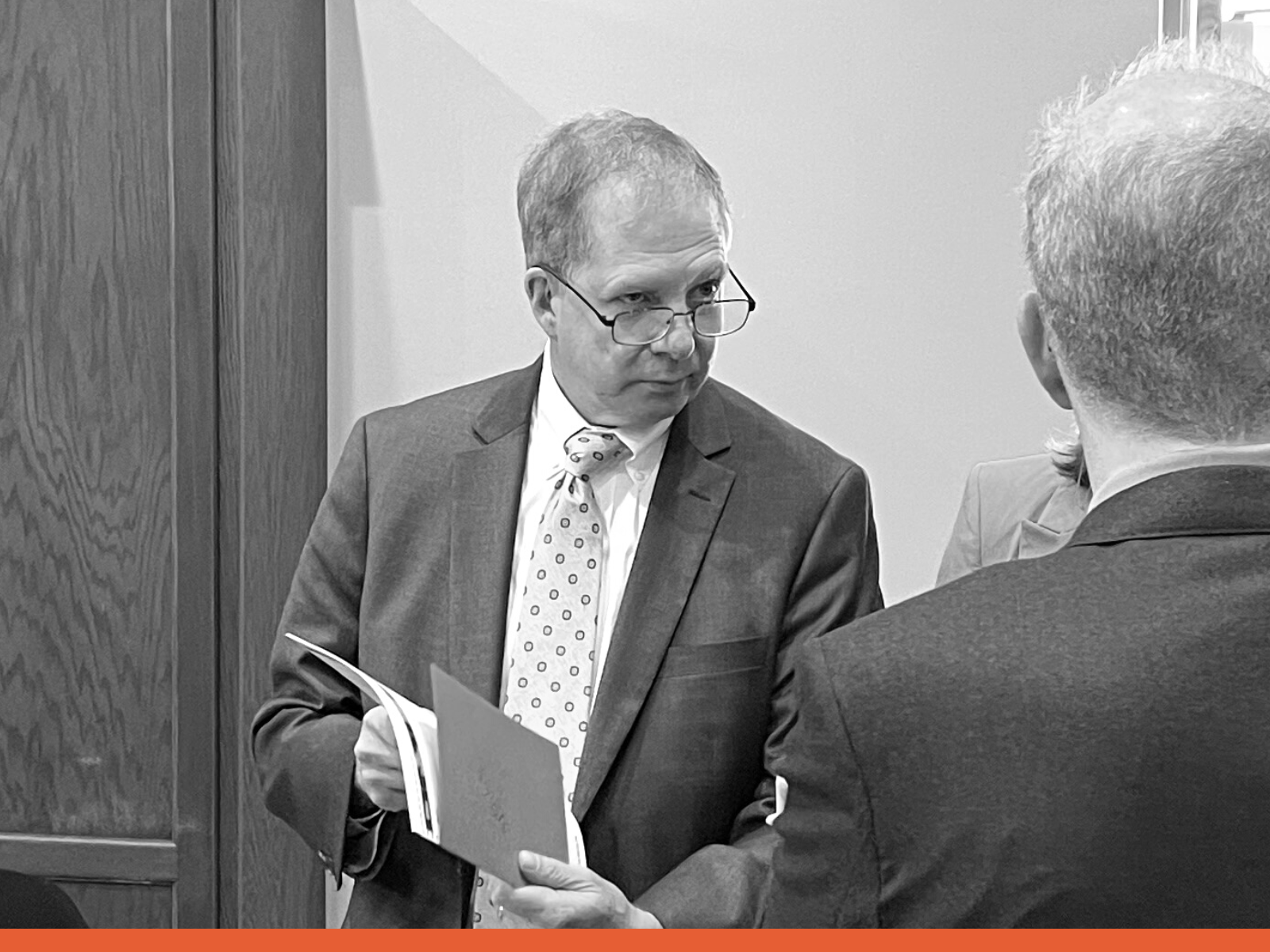
On Friday, Secretary of State Dave Scanlan said he would follow the 1975 state law that requires the state’s presidential primary to be held at least seven days ahead of the date that any other state holds a similar election.
“We have our law,” said Scanlan, a Republican, in an interview. “And so regardless of what the DNC does, we will follow the law and have a first primary.”
Former state Sen. Melanie Levesque, a former lawmaker who is a candidate for secretary of state, made a similar vow Friday. “By law, New Hampshire goes first so I’m going to fight for that,” the Brookline Democrat said in an interview.
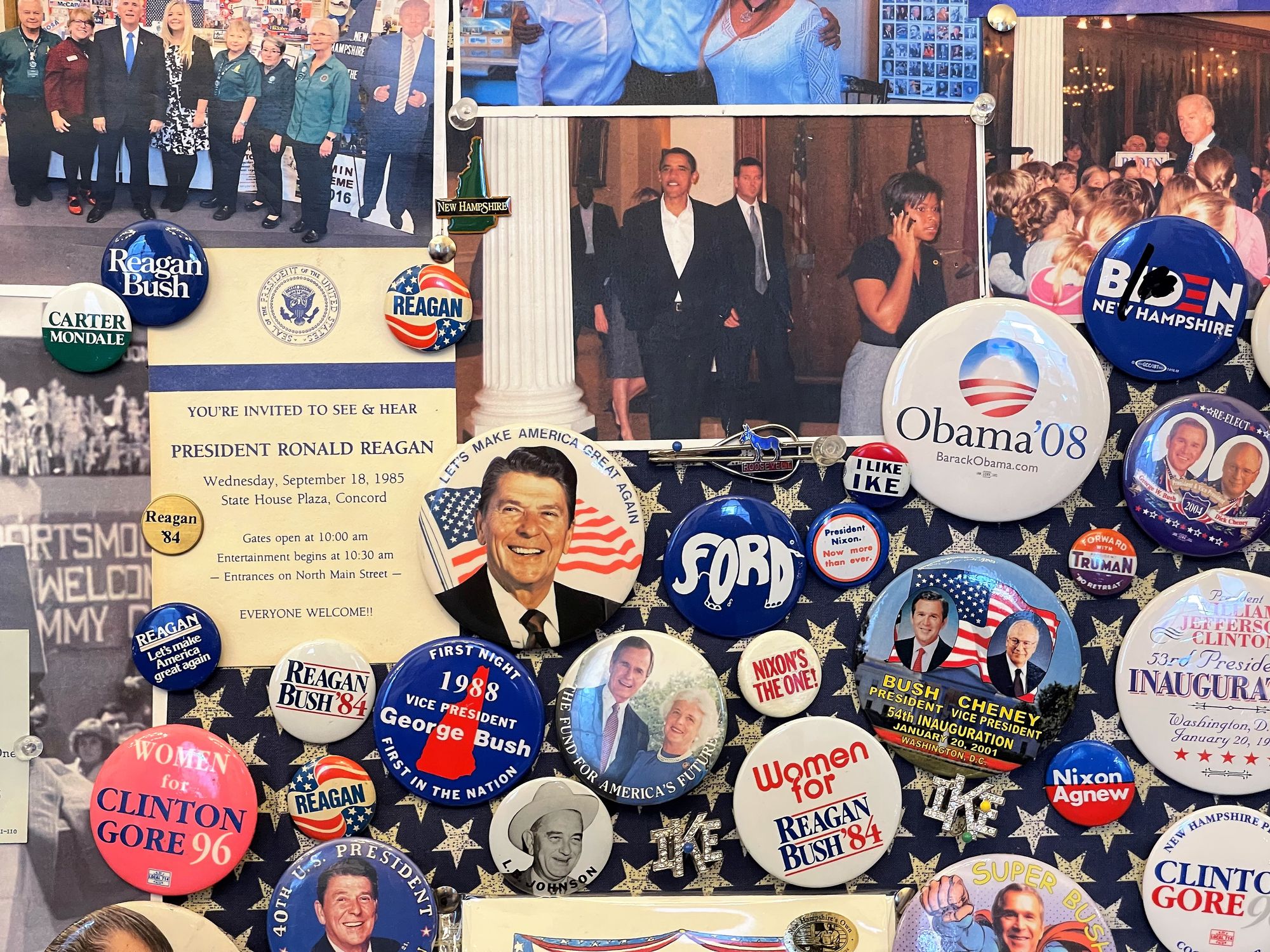
But protecting New Hampshire’s first-in-the-nation primary is not as simple as defying the DNC and setting the date earliest in the calendar, observers warn. The success of that primary would depend heavily on what the Democratic National Committee does to enforce the new calendar.
Delegates in jeopardy
National Democrats have a range of tools to punish New Hampshire for hosting an unsanctioned primary, noted Dante Scala, professor of politics at the University of New Hampshire.
First, the DNC could prevent the winner of New Hampshire’s primary from receiving any delegates from the Granite State at the party’s nominating convention in the summer. By stripping New Hampshire of its delegates, the DNC would ensure that any victory by a candidate here would be symbolic only, with no bearing on the delegate-counting game that can make or break a closely fought primary, Scala said.
That scenario has a precedent. In 2008, Florida and Michigan both defied the DNC’s preferred primary calendar for that year and held their primaries earlier than scheduled. In response, the DNC ordered the delegates won in those states not to count, a significant penalty given the states’ combined 341 delegates.
The national party later compromised on that decision, eventually deciding to award both states half the number of delegate votes they usually receive as punishment. But the penalty stopped the states from attempting a similar maneuver at the next major Democratic primary in 2016.
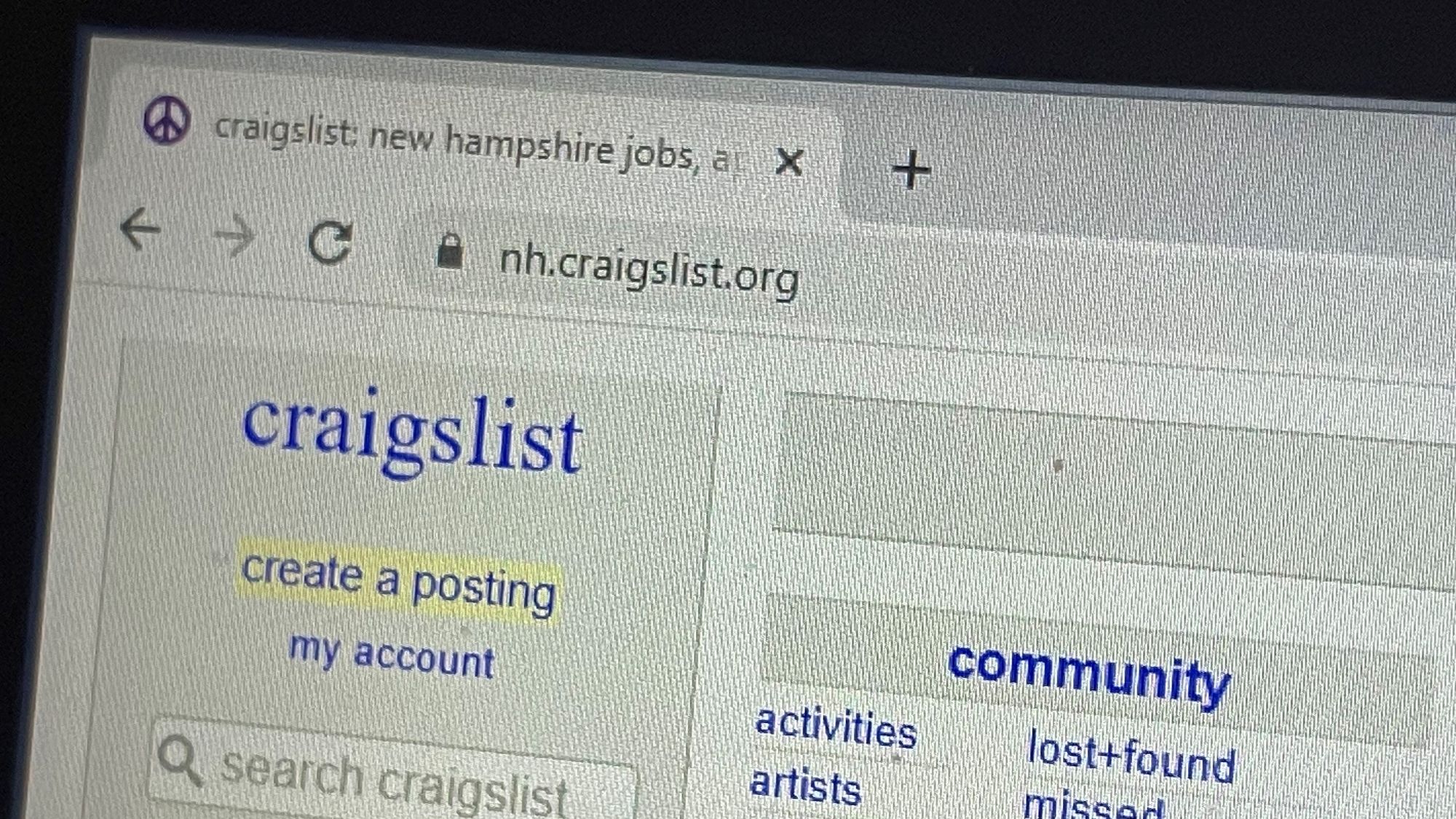
Scala, however, is not convinced that that punishment will deter New Hampshire. Due to its small size, the state sent only 33 voting delegates to the Democratic nominating convention in 2020, hardly a major prize compared to the 3,979 pledged delegates who voted in the convention that year.
“That historically hasn’t worked very well because we don’t have many delegates to offer, and the main reason you participate in the (New Hampshire) primary here is not for delegates, but for publicity,” Scala said.
Asked by WMUR about those consequences, New Hampshire Democratic Party Chairman Ray Buckley shrugged them off Friday.
“They can come up with any number of things that we’re prepared to deal with,” he said, referring to the DNC. “We don’t necessarily need to go to the national convention. We’ve long said, for decades, that hosting the New Hampshire primary is more important than the number of delegates that would be selected.”
A Biden no-show?
A second punishment that could make a bigger difference involves the Democratic primary debates, Scala said. The DNC could block any Democratic candidate that takes part in a rogue New Hampshire primary from joining their competitors on a debate stage.
Unlike disqualifying delegates, that penalty could have a real impact on smaller campaigns, for whom participation in the nationally televised debates are a key way to break through the pack and introduce themselves to voters, Scala said.
Beyond structural punishments, the party could also exert behind-the-scenes political pressure on campaigns that join a rogue New Hampshire primary. Burgeoning campaigns seeking support and endorsements could be told not to participate in New Hampshire’s primary or risk being shunned and shut out of endorsements.
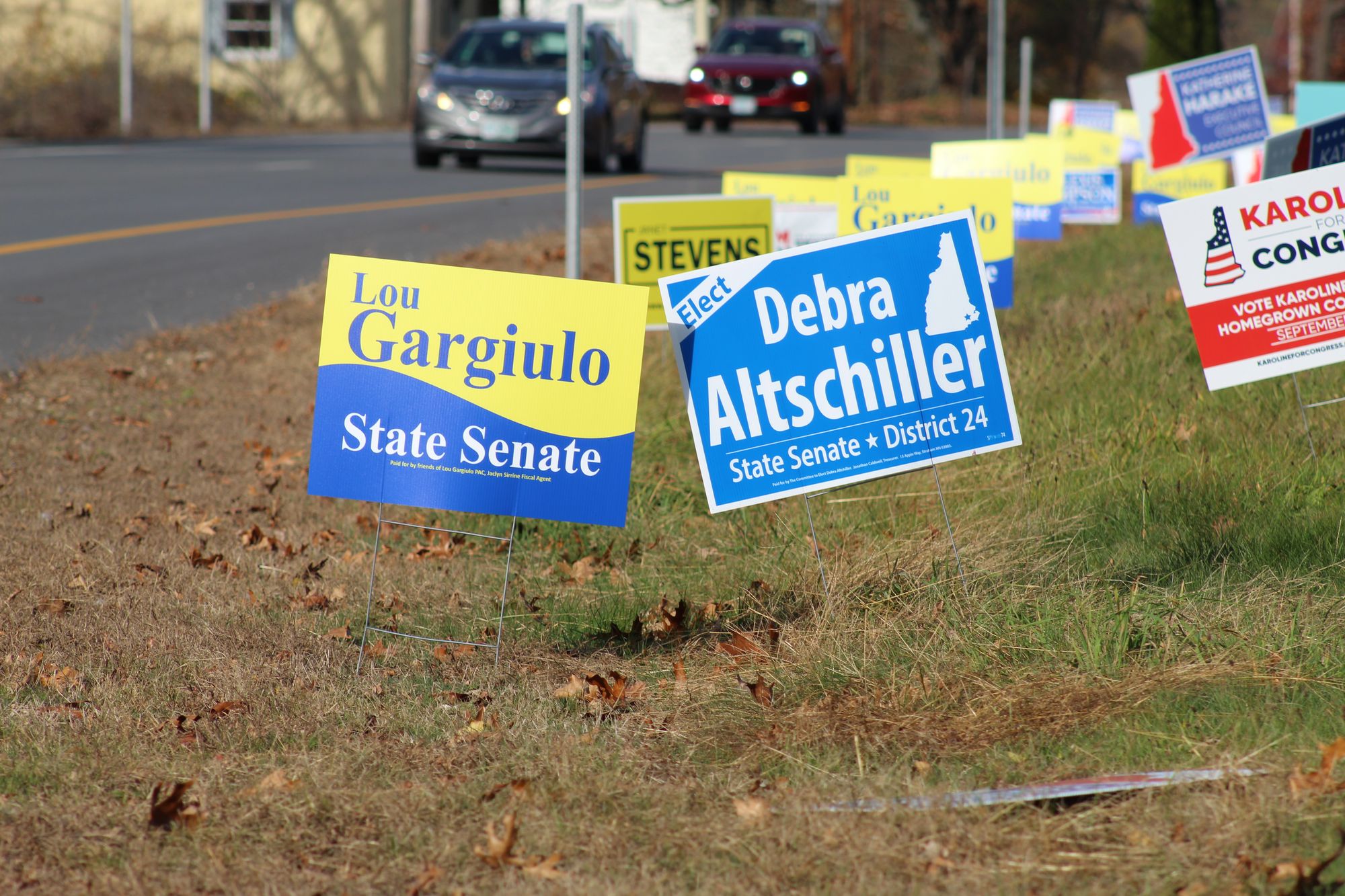
That could have a particular consequence in South Carolina, where certain candidates trying to compete in both states could be met with resentment for campaigning in New Hampshire, Scala speculated.
Biden’s reason for moving South Carolina first – choosing a state with more diversity – could create awkwardness for candidates that also went to New Hampshire. New Hampshire is 88% white while South Carolina is 68.6% white, according to the 2020 U.S. Census. The U.S. as a whole is 62% white.
“If a Democratic candidate comes to New Hampshire and wants to participate in New Hampshire despite the fact that New Hampshire is this outlaw primary, what message will that send to (party) elites in other states with more diverse constituencies?” Scala said. “How likely would it be that Black political elites are going to consider seriously a candidate who defies the party by going to New Hampshire?”
Finally Biden himself holds a powerful political weapon: his decision of whether to participate in New Hampshire’s primary. Should New Hampshire hold its primary first against Biden’s and the DNC’s wishes, the president could simply not file for reelection in Concord and skip the process entirely.
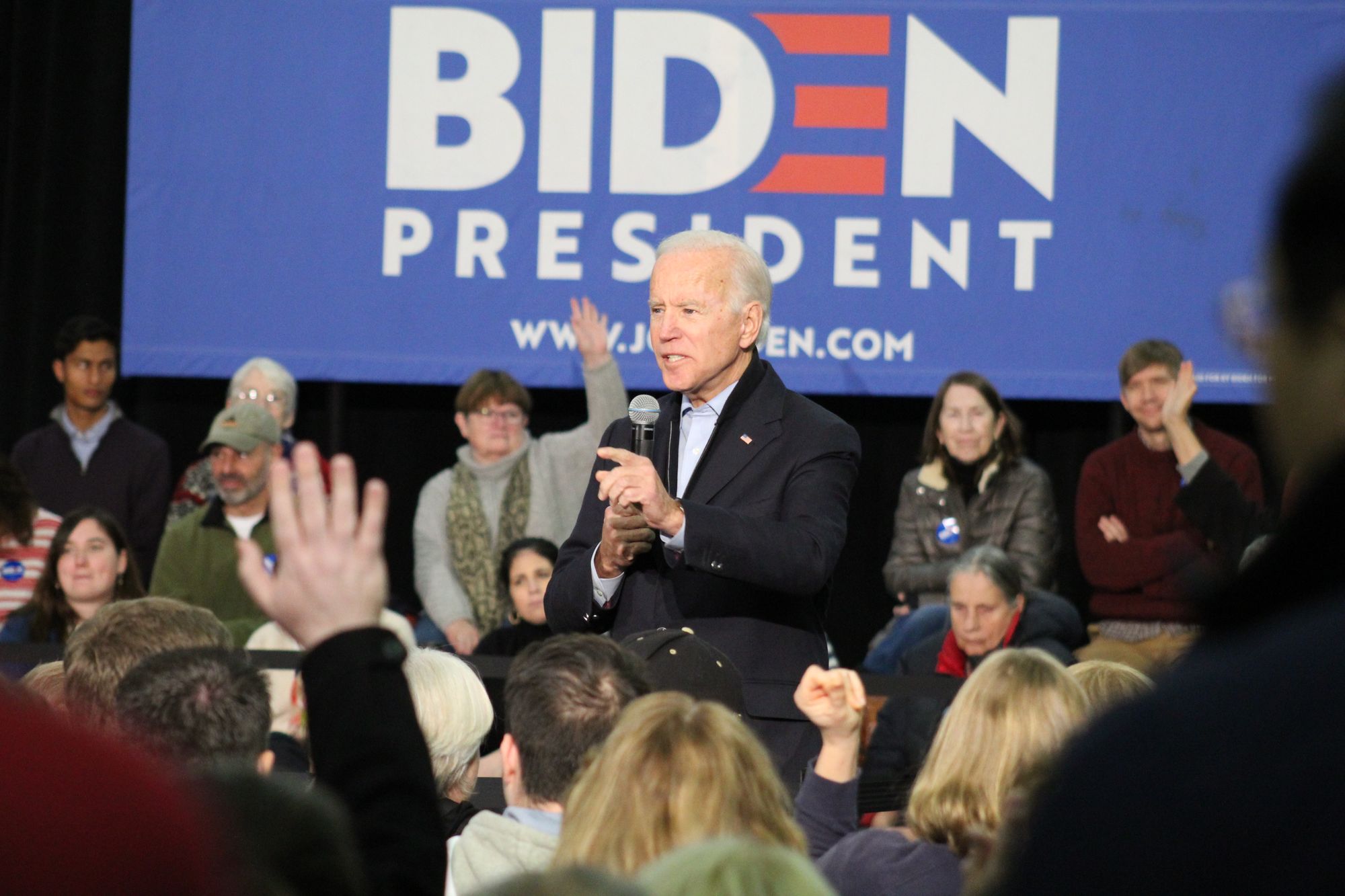
Skipping New Hampshire might not have any practical consequence for Biden: Democratic presidential primaries where a Democratic incumbent is running for reelection are usually not competitive and tend to be sleepy affairs. President Barack Obama won New Hampshire’s primary with more than 80% of the vote when he ran again in 2012.
But a decision by Biden to skip the Granite State could set an immense precedent potentially affecting candidates’ decisions in a more competitive Democratic primary in 2028, Scala said. And it could mean that the Democratic primary competition in New Hampshire in 2024 could be split between a number of fringe candidates with no chance of success, further reducing the state’s relevance.
“Basically, that would be saying the New Hampshire presidential primary on its current date is illegitimate,” Scala said. “And so symbolically that could carry weight going forward into 2028 and beyond.”
Scanlan: Too early to tell
With so many potential penalties facing the state – and so much uncertainty – both candidates for New Hampshire secretary of state vowed Friday to use their office to secure the state’s primary through any means necessary.
Levesque said she would speak to Biden personally and try to change his mind. Biden has emphasized New Hampshire’s relative lack of diversity compared to South Carolina and Nevada; Levesque, who is Black, argues that the state has more diversity than the president acknowledges.
“I’d like to think that we can turn this around,” Levesque said. “I feel like the door’s open, maybe just a crack, but that’s where we start. And we work on turning it around.”
I’d like to think that we can turn this around.
But Levesque says she does not have all the answers yet.
“As secretary of state, I would be fighting for a unified primary – for New Hampshire going first,” she said. “I can’t tell you how. The strategy will be figured out when I am in that role, and it when it occurs.”
Scanlan, meanwhile, has noted his 20 years serving as the deputy secretary of state under Bill Gardner until January 2022, when Gardner retired and made Scanlan interim secretary of state. That experience has helped Scanlan build relationships with secretaries of state throughout the country that could prove useful, he said.
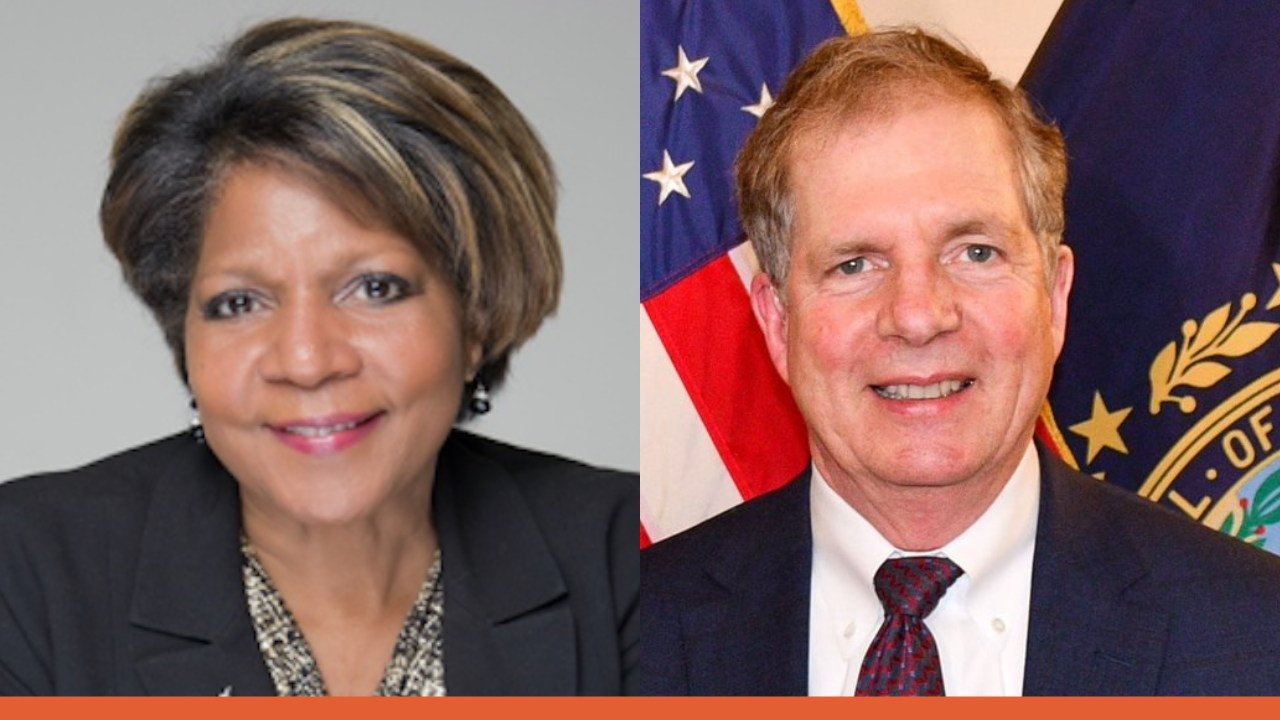
Scanlan said he does not believe the secretary of state’s role should be limited to setting the primary date and running the election: There is a need to also participate in the effort to keep the primary respected, he said.
“It’s a concern because we want to make sure that our primaries are relevant,” he said.
But when asked whether now is the time to begin those political negotiations, Scanlan said no. Moving to intervene now would be premature, he argued.
“It’s too early to tell exactly how we’re going to react,” he said. “But with patience and vigilance and observation, the picture will become clearer as we get well into next year.”
This story was produced by the editorially independent New Hampshire Bulletin, which is part of States Newsroom. Contact Editor Dana Wormald for questions: info@newhampshirebulletin.com. (The headline, related links and embeds on this page were added by Granite Memo.)
